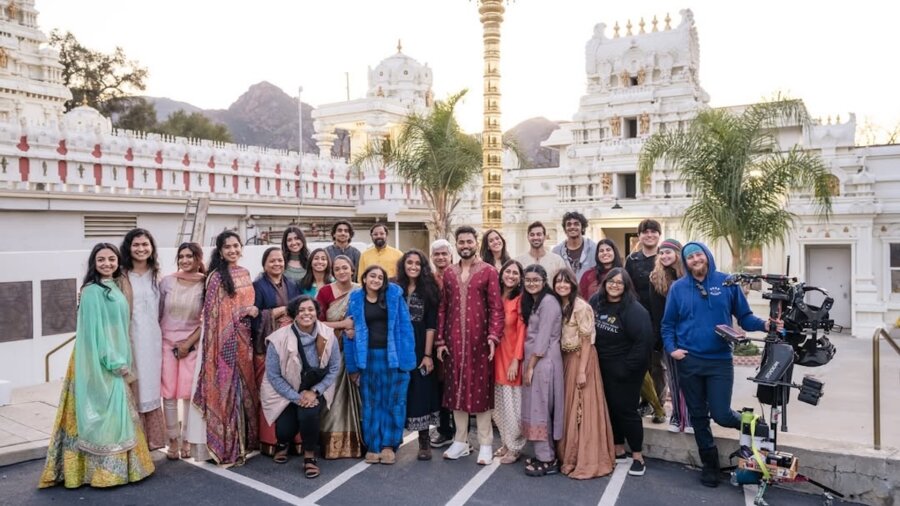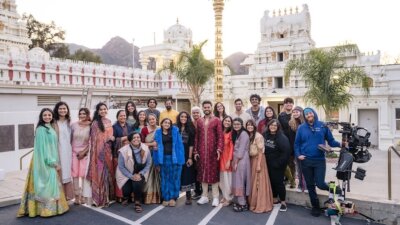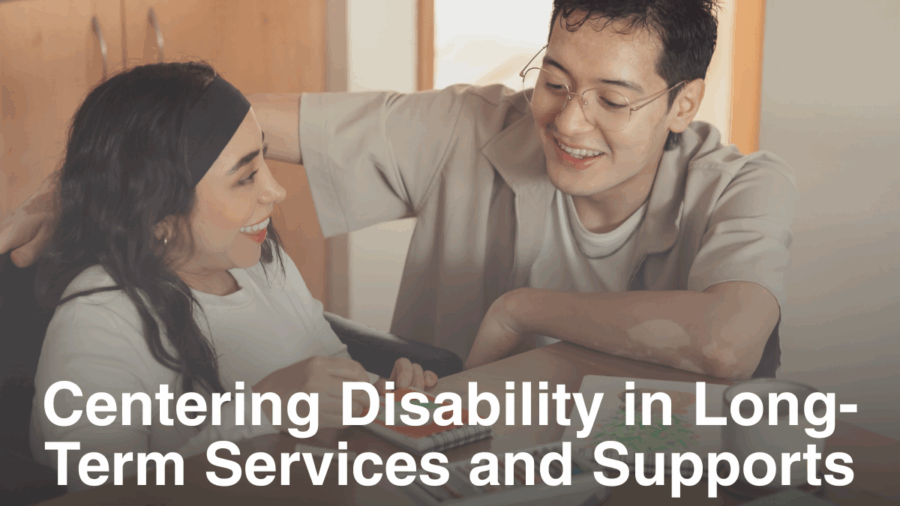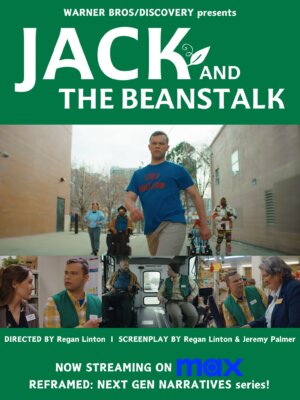 Viewers may think they know the story of Jack and the Beanstalk. However, writer/director Regan Linton has reimagined this classic tale in a new short film as part of Warner Bros. Discovery’s Reframed: Next Gen Narratives program. In this series, six filmmakers adapted classic movies through a contemporary lens, tackling modern-day issues surrounding identity.
Viewers may think they know the story of Jack and the Beanstalk. However, writer/director Regan Linton has reimagined this classic tale in a new short film as part of Warner Bros. Discovery’s Reframed: Next Gen Narratives program. In this series, six filmmakers adapted classic movies through a contemporary lens, tackling modern-day issues surrounding identity.
Episode Three: Jack and the Beanstalk is about a young man named Jack (Josh Elledge), who is an employee at the Beanstalk Grocery. Jack is a subminimum wage worker being exploited by his employers. Despite being an excellent worker, beloved by his colleagues and customers and recommended for a promotion by his manager, Ellie (Valentina Fittipaldi), Jack is caught off guard when the regional manager, Marge (Hannah Duggan), tries to shut his progression down. Marge cunningly cites the company’s compliance with employment laws while evading the obvious exploitation of Jack.
“That really resonated for me in relation to our disability community, and the constant battles we are fighting to be able to live fully and productively,” director Regan Linton shared in an interview with Disability Belongs™. “So, I wanted our Jack to be someone who has a lot going on underneath the surface (which most of us do), and follows the rules (however absurd they may be) in order to influence and win. And when I thought about current metaphorical ‘giants’ our community faces, there are so many, but the inherently inequitable subminimum wage issue jumped out to me.” [continue reading…]
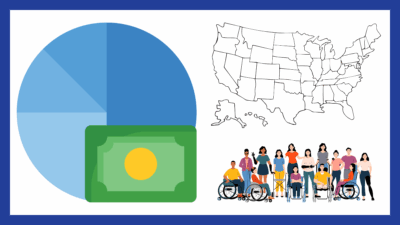 Congress is currently debating the 2025 Federal Budget Reconciliation bill, and the proposed changes could dramatically reshape how states run essential programs like Medicaid and the Supplemental Nutrition Assistance Program (SNAP). If passed, these changes could cause millions of disabled people, older adults, and low-income families to lose critical support.
Congress is currently debating the 2025 Federal Budget Reconciliation bill, and the proposed changes could dramatically reshape how states run essential programs like Medicaid and the Supplemental Nutrition Assistance Program (SNAP). If passed, these changes could cause millions of disabled people, older adults, and low-income families to lose critical support.

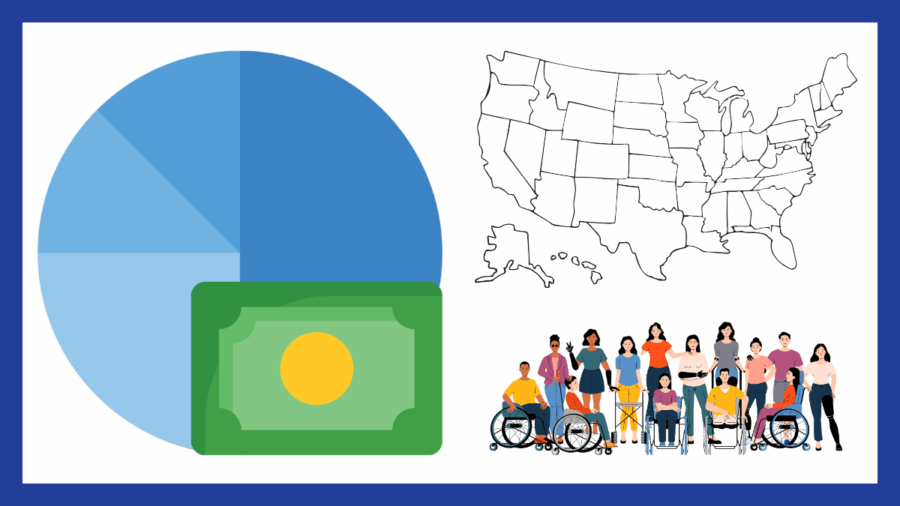
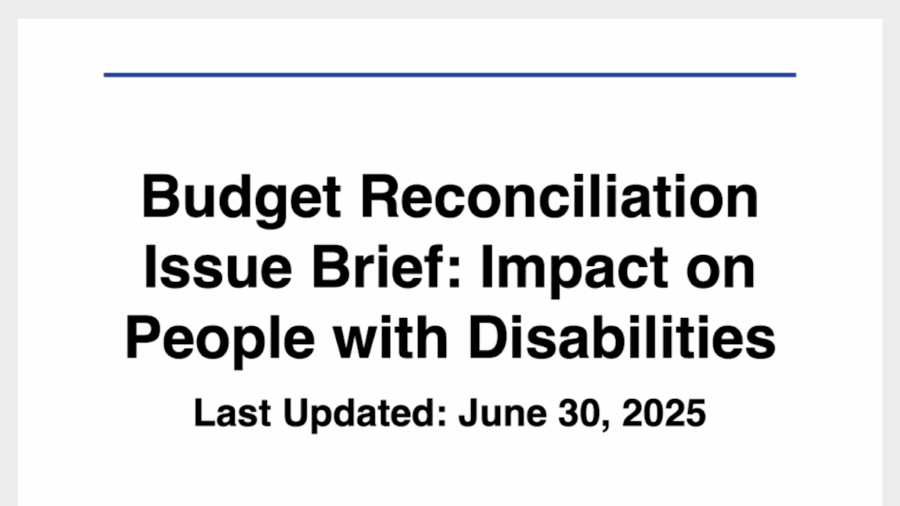
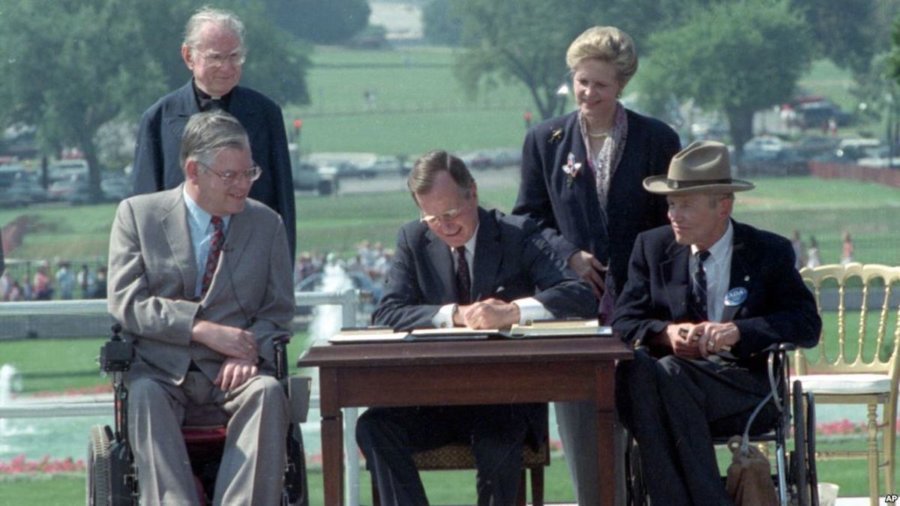


 The Bentonville Film Festival (BFF), taking place June 16-22, is highlighting several disability-inclusive films. Chaired by Academy Award winner Geena Davis, BFF champions women and diverse voices.
The Bentonville Film Festival (BFF), taking place June 16-22, is highlighting several disability-inclusive films. Chaired by Academy Award winner Geena Davis, BFF champions women and diverse voices.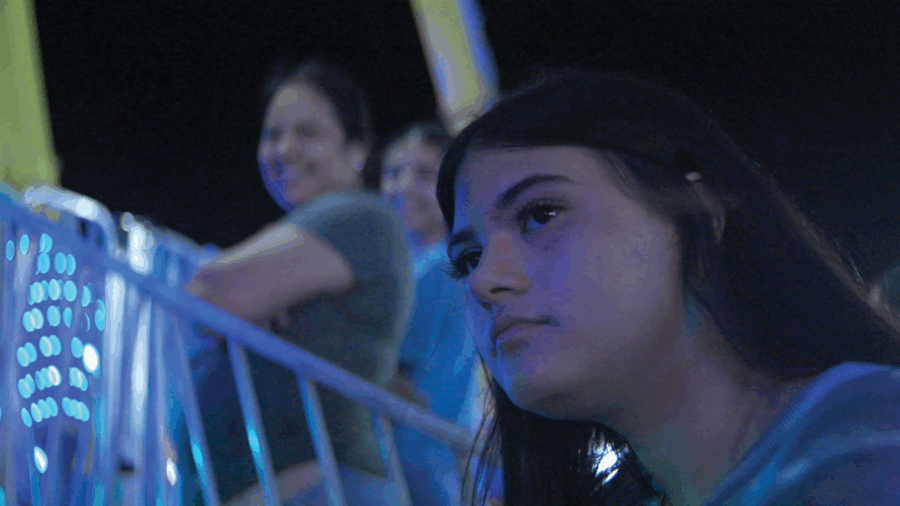
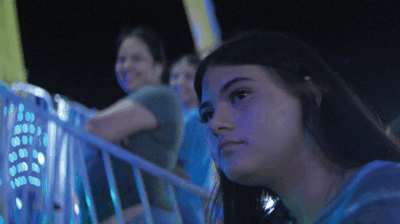
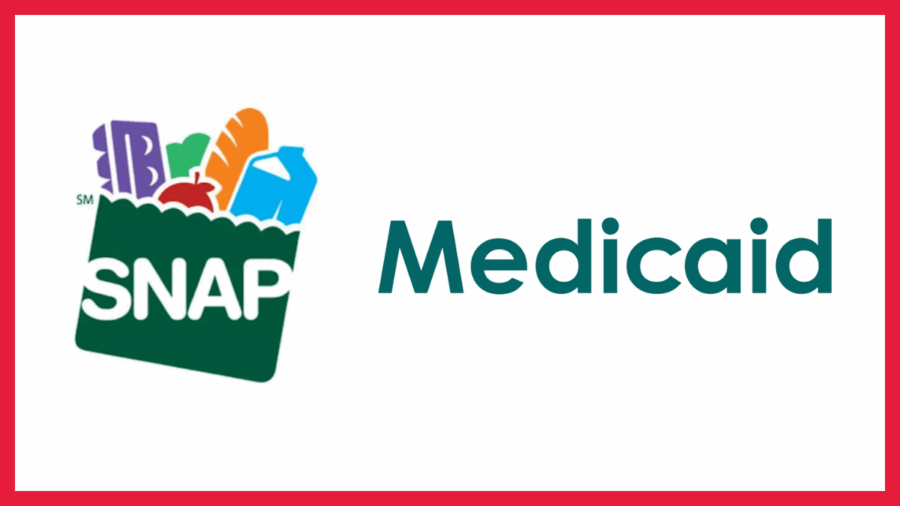
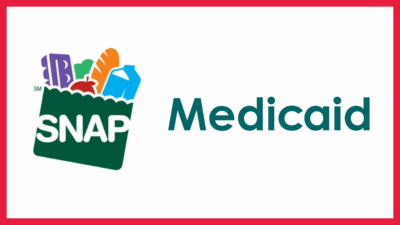 On behalf of Disability Belongs™, a diverse, nonpartisan, disability-led nonprofit that drives cultural and policy change, we express deep concern about proposed federal budget cuts to essential programs that millions of Americans rely on—especially people with disabilities, older adults, and underserved communities.
On behalf of Disability Belongs™, a diverse, nonpartisan, disability-led nonprofit that drives cultural and policy change, we express deep concern about proposed federal budget cuts to essential programs that millions of Americans rely on—especially people with disabilities, older adults, and underserved communities.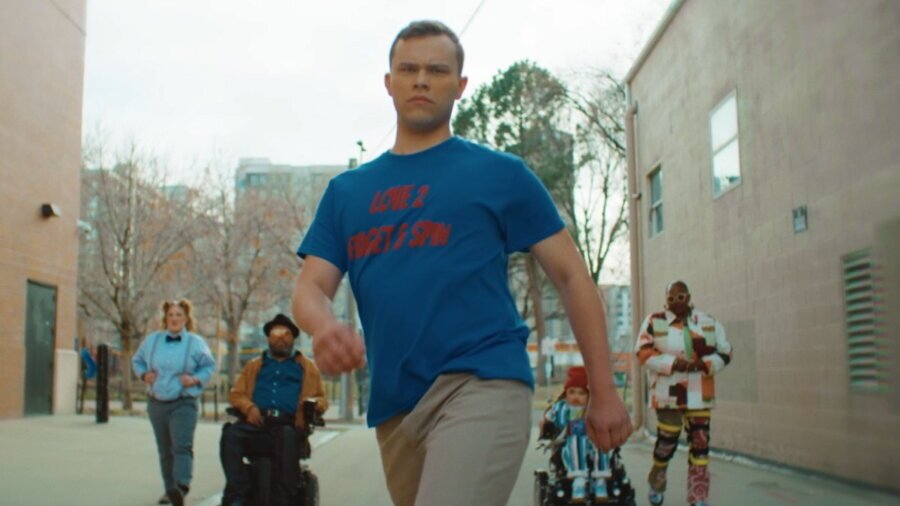
 Viewers may think they know the story of Jack and the Beanstalk. However, writer/director Regan Linton has reimagined this classic tale in a new short film as part of Warner Bros. Discovery’s Reframed: Next Gen Narratives program. In this series, six filmmakers adapted classic movies through a contemporary lens, tackling modern-day issues surrounding identity.
Viewers may think they know the story of Jack and the Beanstalk. However, writer/director Regan Linton has reimagined this classic tale in a new short film as part of Warner Bros. Discovery’s Reframed: Next Gen Narratives program. In this series, six filmmakers adapted classic movies through a contemporary lens, tackling modern-day issues surrounding identity.